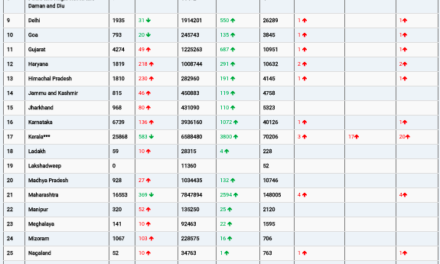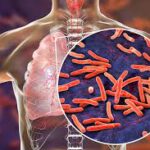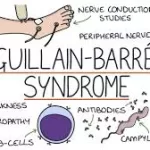A groundbreaking study published on Friday reveals that even low-level exposure to traffic-related air pollution can lead to liver damage and increase the risk of metabolic-associated fatty liver disease. Just 10 micrograms of traffic-derived PM2.5 particles per day may be enough to trigger harmful changes in liver health, according to the new research.
Fatty liver, or hepatic steatosis, is the most common liver disease worldwide. It occurs when excessive fat builds up in liver cells, often due to factors such as poor diet, lack of exercise, and alcohol consumption. However, the latest findings suggest that environmental pollutants—specifically traffic-related air pollution—could also be contributing to the rising prevalence of this condition.
“We often think of air pollution as a threat to lung health, but our study shows it has far-reaching effects on other organs, including the liver,” said Professor Hui Chen, lead author of the study from the University of Technology Sydney (UTS). “When people inhale air pollution, tiny particles known as PM2.5 enter the bloodstream through the lungs. These particles accumulate in the liver, which filters toxins from the blood, introducing harmful substances like arsenic, lead, and zinc.”
The study, published in the Journal of Environmental Sciences, was conducted using mice exposed to 10 micrograms of traffic-derived PM2.5 particles daily. The researchers observed the mice over the course of 12 weeks, measuring inflammation, liver fibrosis, and changes in liver fats and sugars at various intervals.
At the four-week mark, there were no significant changes in liver function. However, by eight weeks, disruptions to normal liver metabolism were noticeable. By the 12-week mark, 64 specific proteins in the liver had been altered, many of which were linked to fatty liver disease and immune system dysfunction.
The team found that exposure to PM2.5 particles led to increased inflammation in the liver, along with the formation of scar tissue. Harmful fats such as triglycerides, diacylglycerols, and ceramides were also found to accumulate in the liver, further compounding the damage.
These findings highlight the potential dangers of even low-level exposure to air pollution, particularly for those living in urban areas with high levels of traffic-related pollutants. The study calls for further research into the long-term effects of air pollution on liver health and urges policymakers to consider the broader health impacts of air quality.
Disclaimer: The study was conducted in mice, and while the results are concerning, more research is needed to confirm whether the same effects occur in humans. Always consult with a healthcare provider for personalized medical advice.











